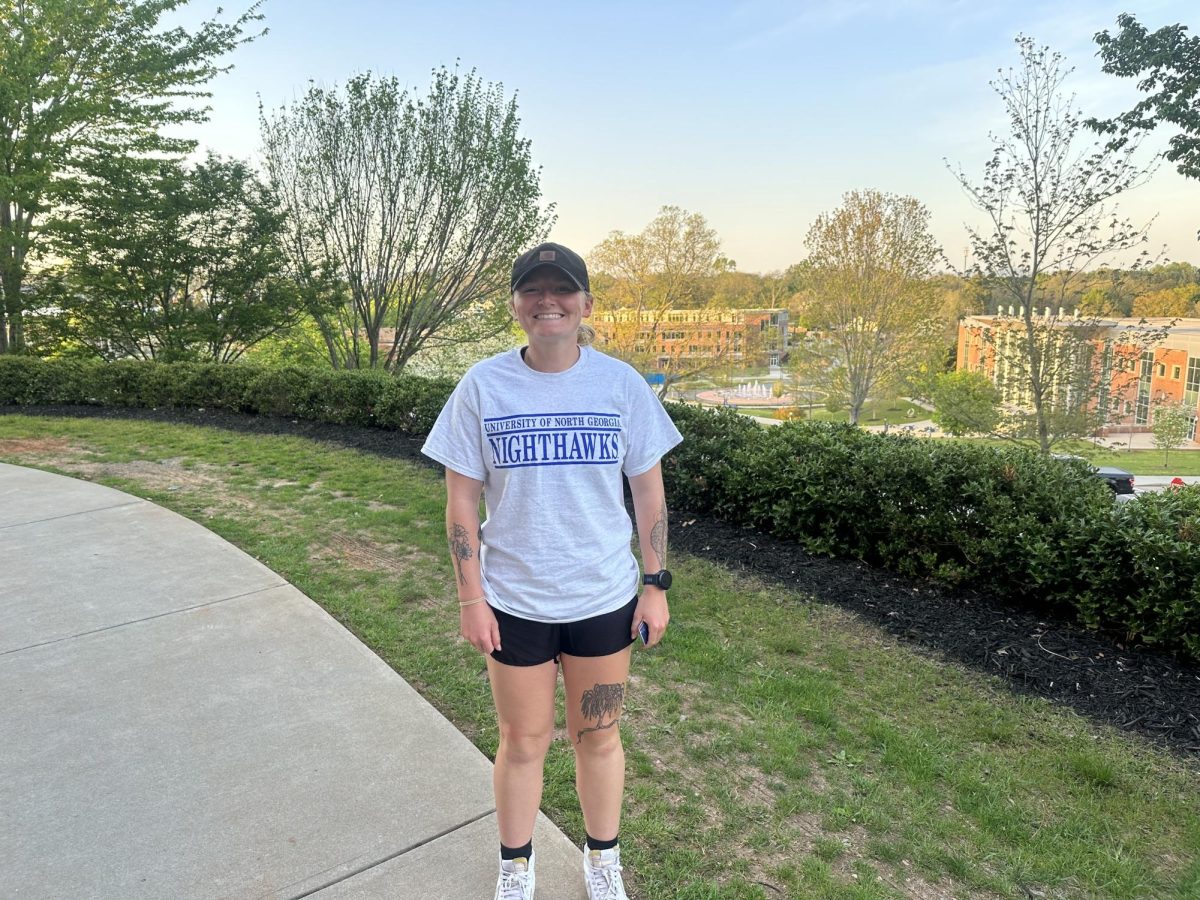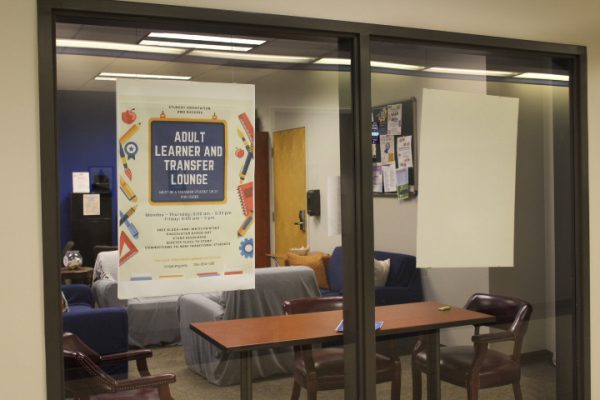Finding Your Definition of Success in a Society of Degrees
You don’t need a degree to be successful in life. At least that’s what an Instagram poll of 77 people says. A full 99% voted “no” and one “yes” to whether or not you need a degree to lead a successful life. If the definition of success differs for each individual, should you allow society to make you think you need a degree to succeed?
Success is how you define it. Avery Godwin, University of North Georgia studio art alumna, says, “I believe that if you are passionate about something, you can find a way to make it work without a degree.” She says, “I got a degree in studio art and have become a venue manager and wedding planner since graduation. Both of these positions have nothing to do with studio art, and I have become very successful without using my degree.”
Hannah Colston, a UNG psychology alumna agrees with Godwin, She says, “A classroom is not the only place someone can learn. We learn things everywhere. For some people, successful means connections with people or a family or happiness, etc.”
Some people measure success in various ways. Solange Pipon, a UNG psychology graduate, says, “I see success as personal fulfillment. If you are living with purpose, there is no career path, big or small, and your success is what gives you gratification.”
Paisley Ingham, a junior public relations major at the University of West Georgia says, “Success is not measured in money or a degree. It is measured in how content you are with your life. You can have a degree and still feel empty or not enough. Happiness is the key to success.”
Diane Farrell, UNG director of career services, says, “I believe a college degree is probably one of the best ways to lead a successful life because there’s a lot of research to show that it’s not just necessarily about salaries and but there are a lot more career opportunities open to you. If you’ve ever looked at a job board, you’ll see that some require a bachelor’s degree or some require an associate’s degree or a certain kind of certification.” Farrell says that there are studies that show college graduates are happier and live healthier lifestyles. She says, “There are a lot of additional benefits that people don’t often think about. They’re also often more engaged in their communities.”
UNG Career Services offers help with figuring out what your path may be. Farrell says, “We support students in preparing to be ready for all kinds of jobs, internships, jobs, grad school and full-time careers. We provide a lot of online resources. We provide individual appointments. We put on virtual chats and career fairs. We provide opportunities for connecting to employers.”
Your donation will support the student journalists of University of North Georgia. Your contribution will allow us to purchase equipment and cover our annual website hosting costs.

































